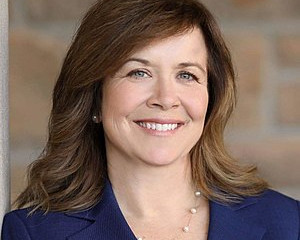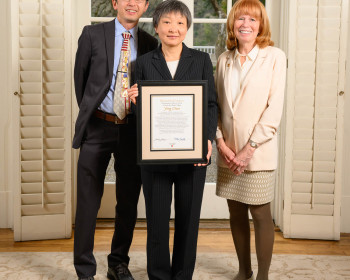Low Income Taxpayer Clinic has Two Wins!
Open gallery

The Low Income-Taxpayer Clinic (LITC) recently prevailed on two court cases.The clinic successfully won a motion to dismiss in front of the U.S. District Court, and received a concession from the IRS in the U.S. Tax Court. LITC students were instrumental to the success of these two arguments.
Following oral arguments by John MacMorris-Adix ’19 in Hockin v. United States, Magistrate Judge Russo issued Findings and Recommendations (F & Rs) proposing to dismiss the plaintiff’s claim for a refund of taxes allegedly paid unfairly, according to the rules of innocent spouse relief.
On behalf of the plaintiff and with the assistance of Volunteer Attorney Scott Moede, the LITC objected to the F & Rs. Soon after, Judge Michael Simon, the Article III judge assigned to approve or reject the magistrate’s proposal, issued a minute order requesting an additional briefing. The questions hinted Judge Simon might not approve the F & Rs.
“When I heard the questions Judge Simon asked, my jaw dropped and I tried really hard not to get too hopeful,” commented LITC Director Sarah Lora. “In my experience, Article III judges rarely disagree with the Magistrate.” Two days after both parties completed briefing, Judge Simon did just that: he issued the opinion and an order denying the United States’ motion to dismiss the plaintiff’s innocent spouse refund claim. Third-year student Kevin Fann worked on Hockin briefing.
Following this win in the U.S. District Court, LITC received a full concession from the IRS in a U.S. Tax Court case just months after taking the case on. In April 2019, the client was unrepresented with a pending trial set for November 2019. LITC then accepted the case and received a concession from the IRS in August 2019 which put an end to the proceedings and saved the client from having to go to trial.
The IRS conceded that gambling gains from slot machines should be calculated on a per-session basis, not on the basis of single payouts reported to the IRS on W-2G forms. The calculation of gambling proceedings became key in this case when calculating the repayment of health insurance premium assistance. This concession by the IRS saved the client about $7,000 in repayment fees.
Kevin Fann ’20 worked on the Hockin briefing. John Mayer ’21 worked on the gambling case and “did an excellent job of researching and briefing the issue for the IRS attorneys” stated Lora.
Law Communications is located in room 304 of Legal Research Center (LRC) on the law Campus.
MSC: 51
email jasbury@lclark.edu
voice 503-768-6605
Cell: 626-676-7923
Assistant Dean,
Communications and External Relations, Law School
Judy Asbury
Law Communications
Lewis & Clark Law School
10101 S. Terwilliger Boulevard MSC 51
Portland OR 97219

